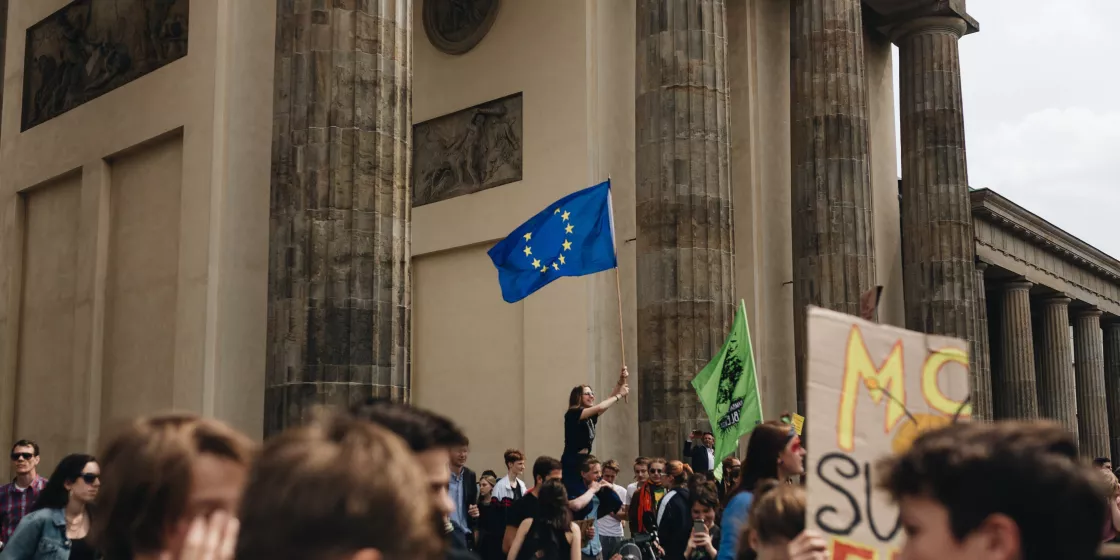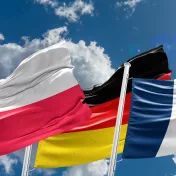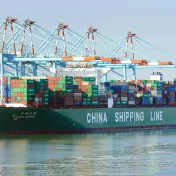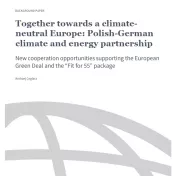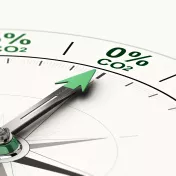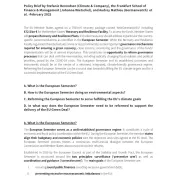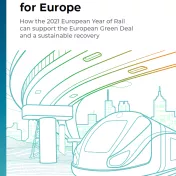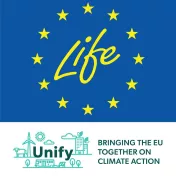What is the European Green Deal?
The European Green Deal is a key project presented by the European Commission and has the potential to become an identification project. It aims to reduce the EU's net greenhouse gas emissions to zero by 2050, establish a circular economy and achieve important biodiversity targets. Ecological, economic and social issues are considered together - and designed for all sectors of the EU transformation processes. The European Green Deal provides the framework for solving two crises that are a severe test for all people, companies and governments in Europe and worldwide: the coronavirus and climate crises. Just like greenhouse gas emissions, the coronavirus does not stop at national borders. Measures relating to financing, energy supply, transport, trade, industry, agriculture and forestry are very relevant for Germanwatch. Through diplomacy and international partnerships, the European Green Deal is also intended to provide a global geopolitical counterweight to opposing tendencies from the USA and China.

